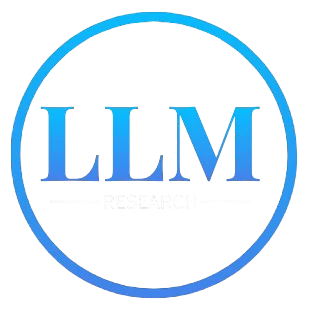The Mystery of the Missing Time: Have 300-1000 Years Vanished from Human History?
Have you ever felt like something about history just doesn't quite add up? What if I told you that a growing number of researchers believe we're missing a significant chunk of the past – somewhere between 300 and 1000 years of human history? Sounds like science fiction, right? But the idea is gaining traction, and the theories behind it are wild enough to make you wonder.The Theory: A Time Gap in Our Timeline
This isn't some random internet theory; it's a serious proposal challenging established historical chronologies. The core idea is that our timeline has been deliberately altered, with extra years inserted into our past for various reasons. We're not talking about a few misplaced months or an accidental slip in documentation. This is a substantial gap, potentially altering the entire course of human development!
The Suspects: Who Could Have Done This?
The explanations for this alleged time manipulation are as varied as they are mind-bending:
- Religious Manipulation: Perhaps a religious group manipulated time to obscure prophecies that didn't come true or to maintain their own doctrines. This suggests a power grab rooted in manipulating people's beliefs about the future.
- Political Power Plays: Governments and empires aren't always the most truthful. Could they have rewritten history to erase embarrassing defeats, solidify their control, or make their reigns appear more glorious than they actually were?
- Unknown Entities: Here's where things get really interesting. Could internal secret societies, ancient alien civilizations, or even beings from another dimension be responsible for messing with our timeline? This theory taps into our deepest fears and our fascination with the unknown.
Uncovering the truth requires more than just looking through the same old textbooks. Researchers are taking creative approaches:
- Decoding Ancient Calendars: Ancient civilizations had unique ways of tracking time. Are there subtle clues within their calendars that point towards tampering? Could a different interpretation unlock the secrets?
- Exploring Hidden Texts and Codes: Could long-lost scriptures or coded texts hold the keys to understanding the "missing years"? Experts in cryptography, linguistics, and ancient languages are working to unravel potential hidden messages.
- Looking Beyond Our World: Some researchers are exploring the possibility of non-human involvement, from extraterrestrial influences to advanced lost civilizations. Could ancient myths and legends contain truths about civilizations that once had the power to manipulate time?
- Interdisciplinary Research: To fully examine the problem, we need to bring together experts from various fields, including history, archaeology, linguistics, and even physics and astronomy.
If we really have lost 300-1000 years, how different would our world be? What kind of technological, cultural, and societal advancements would have been lost, delayed, or even completely altered? It raises profound questions about human development, the nature of time, and who—or what—controls our destiny.
The Clock is Ticking
The researchers exploring this intriguing topic face a major challenge: time. As this research progresses, it becomes evident that a focused and efficient approach is necessary to unravel the complex web of historical and scientific possibilities. The time constraints add a sense of urgency, but it also serves to highlight how essential it is to approach this problem with innovative ideas and the courage to explore unconventional theories.
The Takeaway: Are We Ready for the Truth?
Whether or not there are "missing years," exploring this theory pushes us to re-evaluate our understanding of time, history, and the forces that shape our world. It challenges us to be open-minded, question everything, and never stop searching for answers, even if those answers are found in the most unlikely places.
What do you think? Is it possible that our historical timeline has been tampered with? Let's keep exploring and questioning, because the truth, whatever it is, may be stranger than we imagine.
